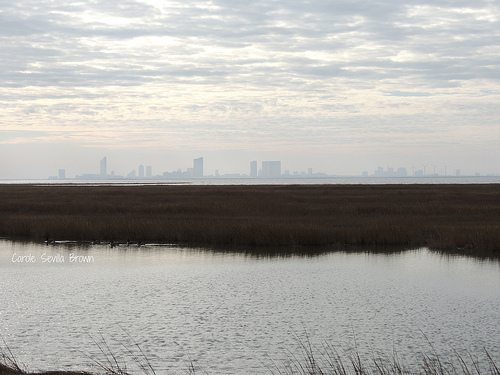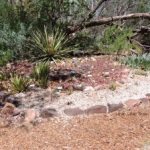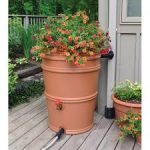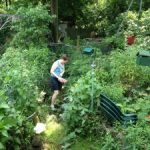As oil continues to spew into the Gulf of Mexico, people’s livelihoods are being destroyed, nesting bird colonies are being wiped out, sea turtles and dolphins are being washed up on shore, and wildlife around the region is being severely impacted.
I have to say that I start sobbing every time I see a photo like the one above. I cry every time I watch the news. It is just so heartbreaking to see all of this destruction.
And what, exactly, does this have to do with our gardens? Good question!
Until each and every one of us, as individuals, as cities, as states, and as a country address our own use of fossil fuels and find ways to decrease our use of them, we will always have the threat of more environmental disasters hanging over us.
The only way to reduce that risk is to reduce our need for oil.
And yes, each of us can make a start in that direction by looking at how we garden. I talked about this goal when I spoke with Chris McLaughlin about the benefits of composting.
I stood this weekend in a Home Depot parking lot and watched cart after cart of bags of topsoil, fertilizer, peat moss, and other ammendments leave the store.
Not to single out Home Depot, this scene is repeated across the country at Lowes, Walmart, Kmart, and garden centers. And it is a perfect illustration of the way we garden.
Let’s break it down:
- All of those plastic bags holding the topsoil, fertilizer, peat moss, etc are made from petroleum
- All of those bags are picked up at the manufacturer and trucked across the country to the distribution centers for each of these big box stores
- Then they are packed up and trucked again from the distribution center to each individual store
- We get in our cars and trucks and drive to these stores to purchase these and drive them back to our homes
- Chemical fertilizer is a petroleum product
This distribution loop alone accounts for an enormous use of gasoline as these products are transported from place to place.
We could eliminate most of this consumption of fossil fuels by simply composting our yard waste and kitchen scraps. It really is that simple.
Now let’s take a look at our gardening practices in our own yards:
- We spend every weekend mowing our lawns with gas powered mowers
- We’ve got gas trimmers, chain saws, leaf blowers, tillers and any number of other gas-powered tools that fill the air with noise as well as pollution
- We bag up all of our leaves and set them out on the sidewalk where they are trucked away to landfills or municipal composting centers, instead of composting them on-site
- We apply our bags of potions that we’ve transported home from the garden center
We cannot afford to wait until Congress gets around to addressing our energy use. We cannot afford to wait at all.
Each of us needs to look at our own garden (and the rest of our lives too) and find ways to reduce our own use of oil. Here’s some ideas to get you started
- Reduce the size of your lawn so that there is less to mow
- Compost your yard waste and kitchen scraps
- Use hand tools whenever possible as opposed to gas-powered tools
- Stop participating in the cycle of those plastic bags of chemical fertilizers, top soil, etc. If you compost, you don’t need that stuff
- Let the leaves break down where they fall. A lot of wildlife makes their home in the leaf litter, so don’t throw this valuable resource away.
More From Ecosystem Gardening:
Submit your review | |








